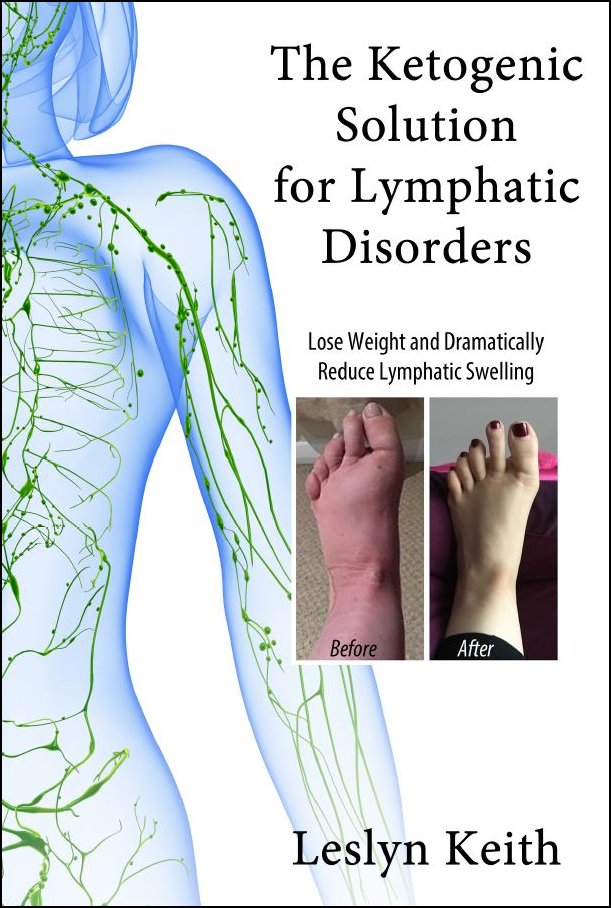Intermittent Fasting or Restricted Time Eating
The Keto lifestyle has been closely aligned with the practice of fasting. Is fasting necessary? Is it easy? Does it have benefits? What are the downsides?

Intermittent fasting, or, as I like to call it, “restricted time eating” is a way of alternating eating and not eating (fasting) that helps us listen to our bodies’ signals. One of the basic tenets of a keto lifestyle is that we eat when we’re hungry, and we stop when we’re full. If we get enough fat with our meals, we can sometimes not be hungry for 12, 24 or more hours. We should also be careful to drink when we’re thirsty. Make sure to drink water to stay well hydrated. When we’re not consuming food for an extended period of time, we might need some extra salt, but otherwise, if we’re not hungry, it’s okay to go ahead and skip a meal. Stephen Phinney suggests that we carry salt in the form of bullion cubes to mix with water to replenish our sodium electrolyte.
People on a keto lifestyle might eat only one meal a day on occasion. This shouldn’t normally have any detrimental effects. After an evening meal with lots of fat, you may wake up in the morning and not feel hungry. It’s easy enough to have a cup of tea or coffee and head off to work. Later in the afternoon, if you do start feeling hungry, you can eat lunch or just wait until the evening meal. The point, though, isn’t to see how long you can last without eating, it is to wait until you’re hungry to eat. The important distinction to recognize is that if you’re not keto adapted, restricted time eating can be much more difficult and may not be advisable.
Dr. Eric Westman, from the Duke Lifestyle Medicine clinic, has said that when you eat this way, you get to decide when and how much to eat. Eating shouldn’t be dictated by the time of day, how much food has been served, or the portion size in a package of food. If you are at a restaurant enjoying a delicious meal and you start feeling full, stop eating and take the rest home.
What About Protein?
Some of my clients have expressed the concern that their bodies would start eating away at their own muscles if they fasted by skipping a meal. On the standard American diet (SAD) - high carb, low fat, and maybe calorically restricted, that is exactly what will happen. This is because when one eats lots of carbohydrates, the default fuel for the body will be glucose. With a low intake of fat, the body starts looking for any source of glucose. Through the process of gluconeogenesis, the body will make glucose out of protein. That protein is found in either diet or muscles. That’s why people who have gone on a starvation low calorie diet look emaciated.
Research into low carb, high fat keto diets has shown that muscle wasting does not occur with restricted time eating. This is because when plenty of good dietary fat is available, that fat becomes the body’s preferred fuel. The body will burn recently consumed dietary fat first, and then switch to burning excess body fat. You don’t lose any lean body mass when your body is a fat burning machine, as long as you are eating a well formulated ketogenic diet. Once you start using fat and ketones, you become a fat-burning machine. You’ll have an amazing amount of energy that doesn’t run out very quickly like blood glucose does.
Benefits of Time Restricted Eating
Mark’s Daily Apple posted a list of the many benefits of time restricted eating (intermittent fasting) when you are keto adapted (from a posting entitled, “The Myriad Benefits of Intermittent Fasting” Thanks, Mark!!)
The first benefit on his list is longevity. When we fast we reduce brain insulin signalling, and studies in other animals have shown that fasting and other calorie restriction generally promotes longer lifespans.
The next benefit is blood lipids. Intermittent fasting improves blood lipid profiles. When we fast, our bodies have a chance to reset themselves back to factory settings. The human body is an amazing machine and, all on its own, repairs itself and demands what it needs for itself, if we just listen. Restricted time eating, unlike calorie restriction, is sustainable. When we eat only when we’re hungry, we learn to listen to what our bodies are demanding. Mark points out that a lot of keto followers find that, “Fasting just kinda happens without them setting out to do it, so it’s not even a conscious struggle.”
The next benefit Mark discusses is the relationship with intermittent fasting and cancer. Most studies have been done with animals, and restricted time eating has been proven to fight cancer cell proliferation.
Mark’s next benefit is growth hormones. He states that growth hormone therapy can reduce some effects of aging. As we age, we produce less growth hormone. But guess what? Intermittent fasting causes the body to secrete growth hormone. A really fascinating benefit of this is neurological health. We used to think the adult brain was set or fixed, but with the advancement of functional MRI’s, we’ve learned that the brain is neuroplastic, meaning that we can grow dendrites forever. The brain is not set in stone. As it turns out, restricted time eating helps with brain growth, mental clarity and well-being.
The last benefit mentioned is autophagy, which is the recycling of waste material. Restricted time eating turns autophagy on, which is the essential aspect of the anti-aging mechanism.
Fasting with a Lymphatic Disorder
Since the lymphatic system runs on fat, it is always a good idea to eat good quality fats when eating. Will the lymphatic system continue to operate properly when it is deprived of dietary fat? Yes. The lymphatic system is quite active in the process of metabolizing food. The lymphatic system's immune function is on high alert when foreign substances (foods) are introduced into the body. Another function of the lymphatic system that is increased during eating is transporting long-chain fatty acids. This activity helps the lymphatic system stay healthy and robust. When there is a pause in eating, it allows the body to conclude the absorption of a meal, and the lacteals can rest, along with the digestive system. Since there is lowered need to transport fats and fewer foreign substances coming in, the lymphatic system is burdened less during those periods when one is not eating. Also, continual eating is hard on many body systems, including the lymphatic system.
As long as healthy fats and few carbohydrates are consumed upon resuming eating, the lymphatic system can easily handle restricted time eating. That means that a keto lifestyle is still vitally important whether or not you practice "fasting."
Extended Fasts: Risks
An extended fast (beyond 24 hours) poses several risks and I don't recommend it. Although many people participate in long fasts of days, weeks, or even months, there has not been enough research to show that the benefits outweigh the risks. The following is information from the Virta Health Blog by Drs. Stephen Phinney and colleagues (from a posting titled "To Fast or Not to Fast: What Are the Risks of Fasting?")
- Lean tissue loss and reduction in resting metabolism can occur when fasting for a full 24 hours for more than 1-2 times/week.
- If you are on medication for high blood pressure or diabetes, you will need to be monitored by your health care provider to properly manage the dosage and types of medication.
- Refeeding syndrome is a serious complication of extended fasts of more than 24 hours. This condition can result in congestive heart failure, abnormal heartbeat, electrolyte imbalance, and can result in death.
Books by Leslyn Keith, OT
|
Buy the print softcover book on Amazon Buy the E-book via Paypal |
Buy the print softcover book on Amazon Buy the E-book via Paypal |

